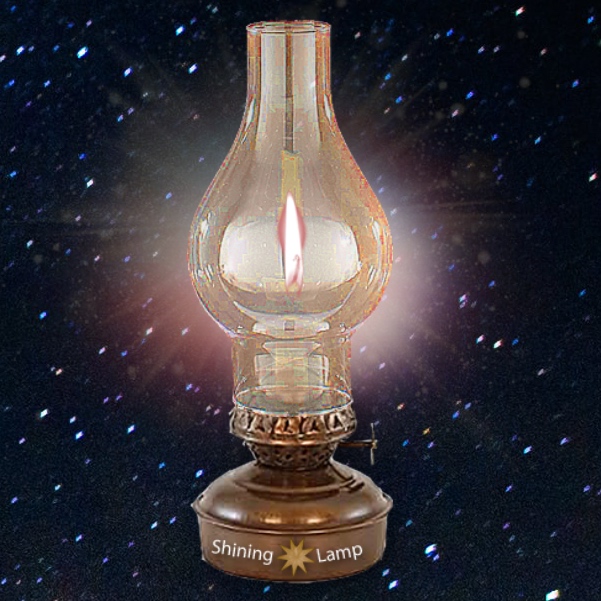Striving to remove barriers that prevent us from building Vibrant, Diverse, Inclusive, Accessible Communities!

A columnist reflects on discovering “We Might Regret This,” a comedy-drama co-created by Kyla Harris, and the shock of finally seeing disabled life depicted with the messiness and wit she knows firsthand. The piece frames humor not as denial, but as recognition: a way to tell the truth about bodies, care, and the awkward encounters that follow disabled people through daily life. For the writer, it feels like long-overdue authenticity after years of flat or outsider portrayals.
From there, the article argues that comedy can be a powerful act of reclamation—proof there’s rich humor within disabled experience when the storytelling is led by disabled people. This cultural shift lines up with ideas in the social model of disability, which emphasizes removing barriers and challenging the pity/“inspiration” narratives that once dominated screens.
The writer spotlights young disabled women who are unapologetic about their bodies, open about desire and intimacy, and firm about boundaries—refusing invasive questions from strangers. She also worries that young men with spinal injuries can be overlooked, and names the daily problems of condescension, tokenistic inclusivity, and exhausting curiosity many disabled people face—everyday ableism that comedy can expose.
Ultimately, the piece lands on a human truth: bold, funny self-representation can heal and unsettle at once, revealing pride and pain in the same frame. The closing image—art capturing a flash of hidden melancholy—underscores why these stories matter now: they make room for complex emotions while pushing culture toward empathy and barrier-removing change.
Read the Full Article: It’s my disability and I’ll laugh if I want to
by: Melanie Reid
Share or Print with:

